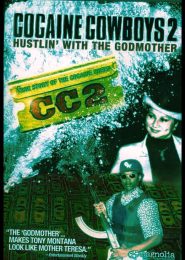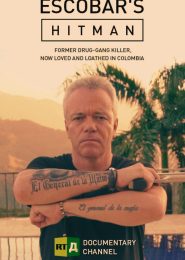The Murder of Fred Hampton (1971)
The Murder of Fred Hampton is an American documentary film that sheds light on the life and tragic death of Fred Hampton, a young African-American civil rights activist and leader of the Illinois Black Panther Party. The film is divided into two compelling parts:
- Portrait of Fred Hampton:
- The documentary paints a vivid portrait of Fred Hampton, showcasing his activism, powerful public speeches, and tireless efforts in organizing the Illinois Chapter of the Black Panther Party. Hampton’s charisma, dedication, and commitment to social justice come to life through re-enactments and interviews.
- We see Hampton’s relentless commitment to uplifting his community, particularly through programs he founded for children during the last eighteen months of his life. His leadership and revolutionary spirit resonate throughout this segment.
- Investigative Report into His Death:
- The second part goes into the chilling events surrounding Hampton’s demise. On December 4, 1969, the Chicago Police Department conducted a pre-dawn raid on Hampton’s apartment, during which he was fatally shot.
- The film analyzes evidence from the crime scene, conducts interviews, and reconstructs the events leading up to Hampton’s assassination. It argues that Hampton was murdered—an orchestrated assassination carried out by the Chicago police.
- Shockingly, the raid was later revealed to have been organized in cooperation with the FBI, adding another layer of conspiracy and betrayal.
The Murder of Fred Hampton serves as both a tribute to Hampton’s legacy and a scathing indictment of systemic injustice.
Filmmakers Howard Alk (director) and Mike Gray (producer) captured not only the tragedy of Hampton’s death but also the urgency of exposing the truth. Their unflinching portrayal challenges official narratives and underscores the need for accountability.
In 2021, the film was rightfully recognized by the United States National Film Registry for its cultural, historical, and aesthetic significance. Through its lens, we confront the harsh realities of power, activism, and the fight for justice—a legacy that continues to resonate today.




